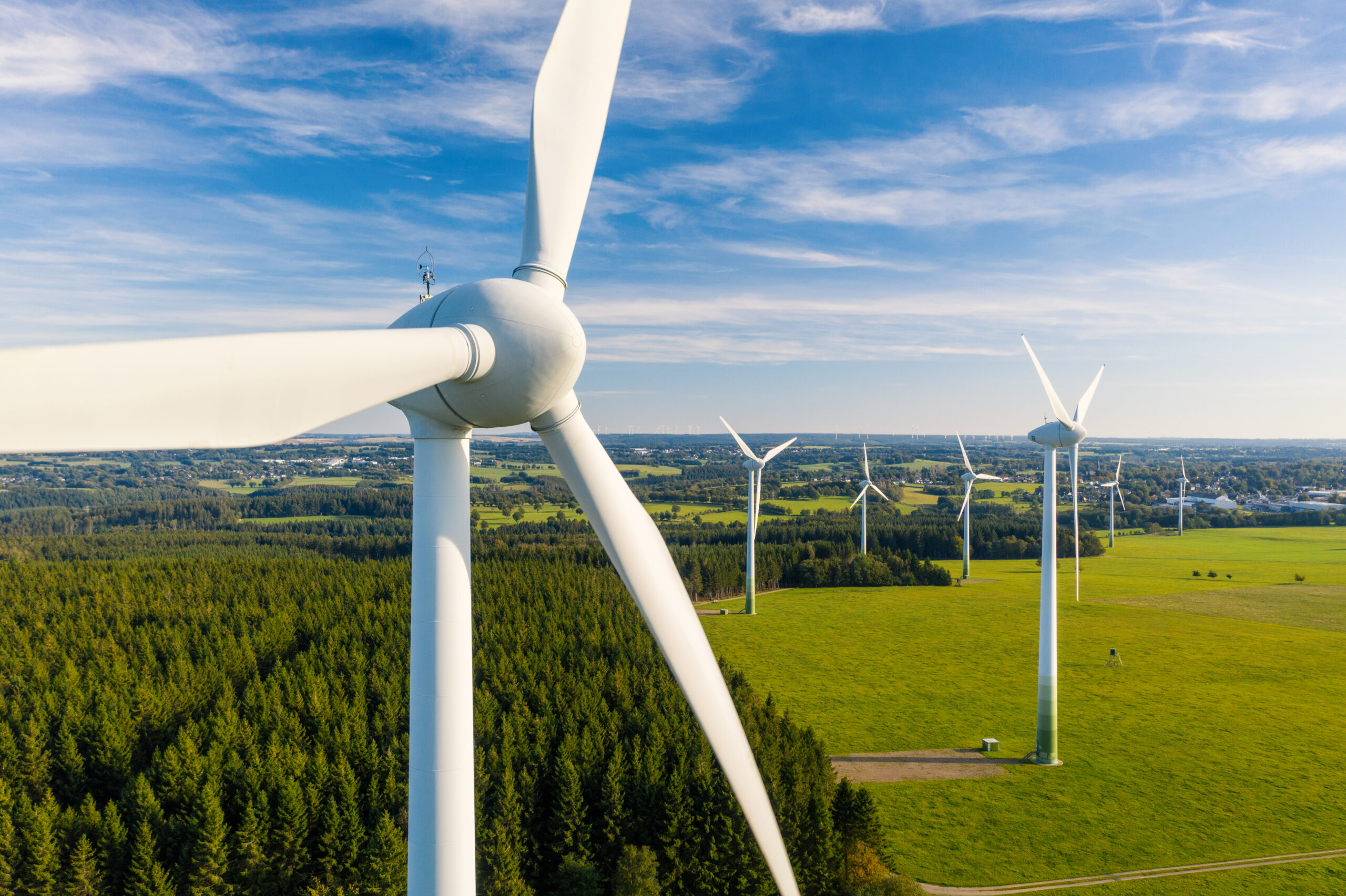
The path to net-zero is paved with new forms of energy generation. As a business, most of our portfolio of opportunities are in supporting companies to find clean energy solutions for net zero in industrial and domestic applications to ensure their customers, our wider supply chains and society achieves its goal.
2050 is the magic year. A year that governments hope to proclaim, ‘we’re operating at net-zero carbon!’. Each member state of the Paris Agreement is creating and implementing various strategies to tackle some of the biggest contributors of emissions. Most of these contributors are in the transportation, agriculture, industry, or building sectors.
Manufacturing on Climate
When it comes to the manufacturing industry, our collective reputation around ‘climate’ may be less than kind; however, we have seen steady progress over the last few decades. According to Statista’s report on ‘C02 emissions from manufacturing in the UK 1990-2019’, carbon emissions have fallen by more than 40 per cent.[1] In a similar report by Statista, European Union member states’ emissions fell by 32 per cent in the same period.[2] Although this trajectory is hugely positive, ‘slow and steady’ progress will not win out as we work towards 2050.
When tackling the climate crisis, businesses are now starting to consider the role they must play and are evolving operations to be more sustainable. It’s clear that society’s path towards net-zero is paved with new forms of energy generation from various industries, each of which will require clean energy stores.
Energy Storage
Developing next-generation energy storage solutions is integral to achieving net-zero carbon. As a global community, we’re seeing new technologies emerge that will effectively harness and store renewable energy.
The first technology is hydropower, or ‘pumped storage’. Water is stored in reservoirs and when required, released through turbines to generate electricity. At the moment, this is the most common form of renewable electricity generation. However, there are other forms, such as mechanical energy storage that uses flywheel technology to store rotational energy. In addition, thermal energy storage, which is typically used for surplus renewables in buildings and industrial processes, will be released for heat generation, cooling or power generation.
The final technology is battery storage. As a business, we’ve worked with battery technology engineers to develop effective thermal insulation and dielectrics to accommodate high-density batteries and hydrogen fuel cells. Two of the key challenges with high-density packs is safety and efficiency, but with the right level of insulation, the density and capabilities of batteries have the ability to grow, which means more energy can be stored in a safer environment.
By investing in thermal insulation, battery manufacturers and OEMs have the confidence that their solution will remain safe and deliver longevity to customers and the end-user.
Battery Electric Vehicles
With such exponential growth in the EV market, we’re supporting the automotive industry in its shift from fossil fuels by providing battery solutions for electric vehicles. One of the key challenges the industry faces is delivering an EV that will remain charged for longer. This is where a higher density battery is required, and therefore effective battery insulation.
Our mica-based insulation products and Compression Pads Plus have proven to improve EV battery safety, longevity and sustainability.
Our Compression pads will allow just enough pressure to be applied to battery packs that will enable thermal and electrical connections. The pads will accommodate battery expansions and tolerances whilst charging, and ultimately improve the lifecycle of the battery.
Looking Forward
As an industry, we’re making great strides in clean energy solutions for net zero. The biggest challenges in years to come will be around energy storage. As a business, we are preparing for this challenge and we’re ready to support emerging and vital industries in the product development of safe and energy efficient solutions.
If you’d like to know more about our batteries for electric vehicles, or our Mica solutions for battery storage, please get in touch.
